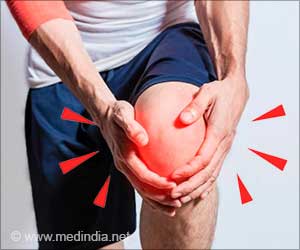Losing weight for a person, suffering from diabetes, can be a bit difficult, but a study says that eating a plant-based vegetarian diet can help.

‘Good fats such as Omega-3 and monounsaturated fats should be consumed as they are good for the body. Natural sources for these are canola oil, flax seed oil, fatty fish and nuts. These are also low in cholesterol and are trans fat free.’





Half adopted a vegetarian diet and half adopted a conventional diabetes diet. The vegetarian group reduced subfascial fat, the type of fat that lines our muscles, and intramuscular fat, fat that is stored in the muscles, at a higher rate than those who followed the conventional diabetes diet. Both groups reduced subcutaneous fat, the type of fat that is stored under the skin, equally. The team analysed the composition of study participants' thighs at baseline, at three months and six months into the study by using magnetic resonance imaging. They results suggested that changes in subcutaneous and subfascial fat correlated with changes in HbA1c, fasting plasma glucose, and ß-cell insulin sensitivity, markers of blood sugar metabolism and control. Lead study author Hana Kahleova said that losing muscle fat increases insulin sensitivity. A sample plant-based meal plan might include cooked millet with plums and almonds for breakfast; lentil soup with carrots and cabbage for lunch; brown rice with marinated tofu and bean sprouts for dinner; and vegetables, fruits, and carrot sticks with hummus for snacks.
Those in the vegetarian diet group retained a six-cm reduced waist circumference, while those in the traditional diabetes diet group retained a five-cm reduction, a year after the study concluded. HbA1c increased in both groups, however those in the vegetarian diet group were less likely to increase diabetes medication or insulin levels a year after the intervention. The research appeared in the journal of the American College of Nutrition.
Source-ANI















